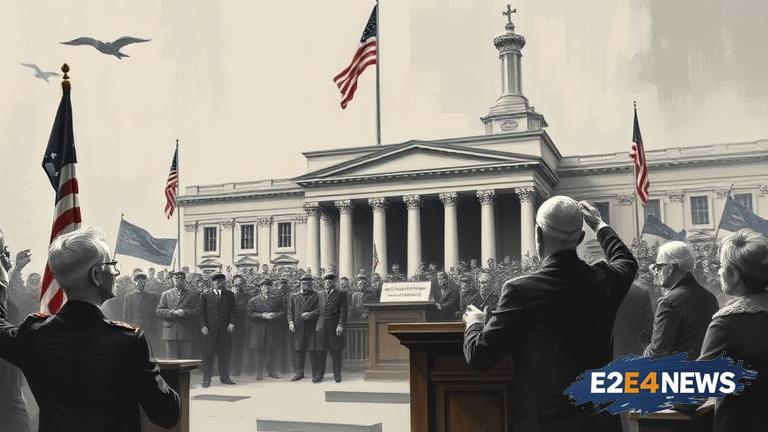The Scopes trial, which took place in 1925, was a landmark case that tested the constitutionality of teaching evolution in public schools. The trial’s outcome had far-reaching implications for the relationship between faith and science in the United States. In the decades since, the country has seen a significant shift in the way people perceive and interact with these two concepts. While some argue that the separation of church and state has led to a more secular and enlightened society, others claim that it has resulted in a decline of moral values and a sense of purpose. The trial’s impact can be seen in the way science and faith are taught in schools, with many institutions opting for a more neutral approach that avoids promoting any particular religious ideology. However, this has also led to a lack of understanding and appreciation for the role of faith in shaping American culture and history. Furthermore, the trial’s emphasis on the importance of scientific evidence and rational inquiry has contributed to a growing skepticism towards religious beliefs and practices. As a result, many people have begun to question the relevance and importance of faith in their lives, leading to a decline in church attendance and religious affiliation. On the other hand, the trial has also inspired a new generation of scientists and thinkers who are working to reconcile their faith with their scientific pursuits. Despite the challenges and controversies that have arisen, the Scopes trial has ultimately contributed to a more nuanced and informed discussion about the relationship between faith and science. In recent years, there has been a growing recognition of the importance of interdisciplinary approaches that incorporate both scientific and religious perspectives. This shift towards a more holistic understanding of the world has the potential to foster greater empathy, understanding, and cooperation between people of different faiths and backgrounds. Moreover, the trial’s legacy can be seen in the many organizations and initiatives that are working to promote science education, critical thinking, and religious literacy. Ultimately, the Scopes trial’s impact on American society has been complex and multifaceted, reflecting both the benefits and drawbacks of a more secular and scientifically-oriented culture. As the country continues to evolve and grow, it is essential to consider the trial’s lessons and legacy in order to build a more inclusive, compassionate, and enlightened society. The trial’s 100th anniversary serves as a timely reminder of the ongoing importance of this conversation and the need for continued dialogue and reflection. By examining the trial’s history and impact, we can gain a deeper understanding of the complex and often contentious relationship between faith and science, and work towards a more harmonious and mutually respectful coexistence. The future of this relationship will depend on our ability to balance the pursuit of scientific knowledge with the need for spiritual guidance and moral direction.
